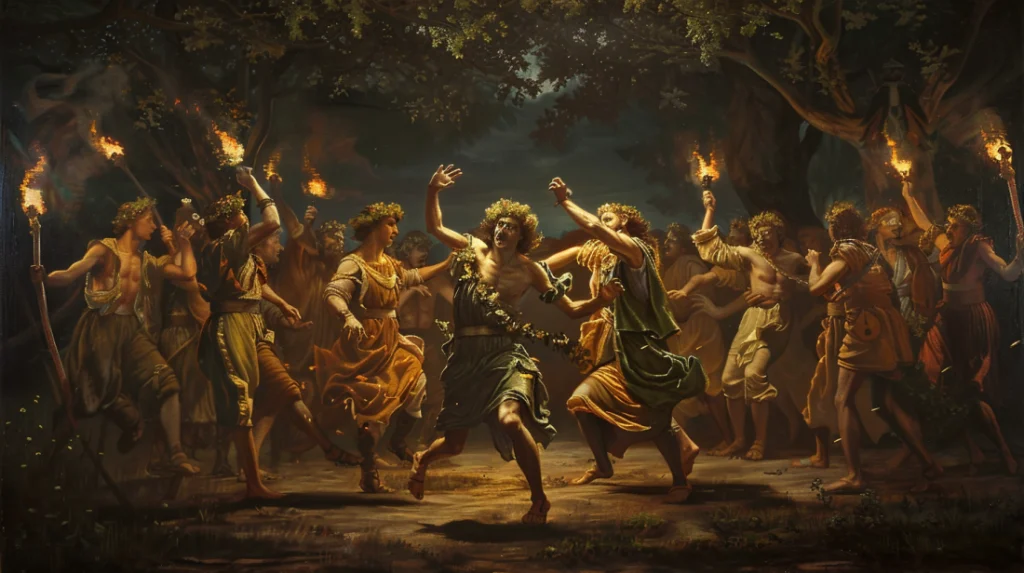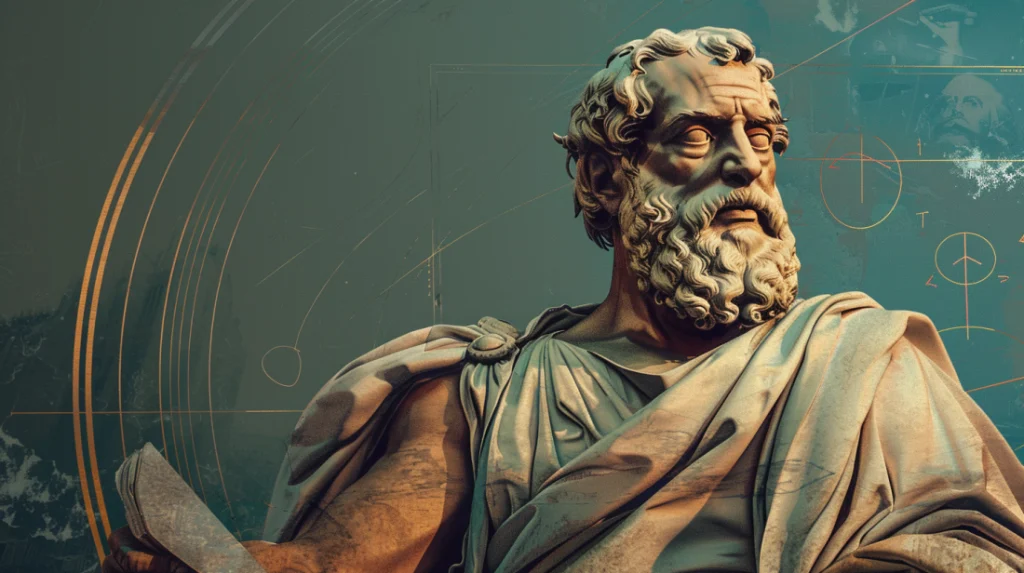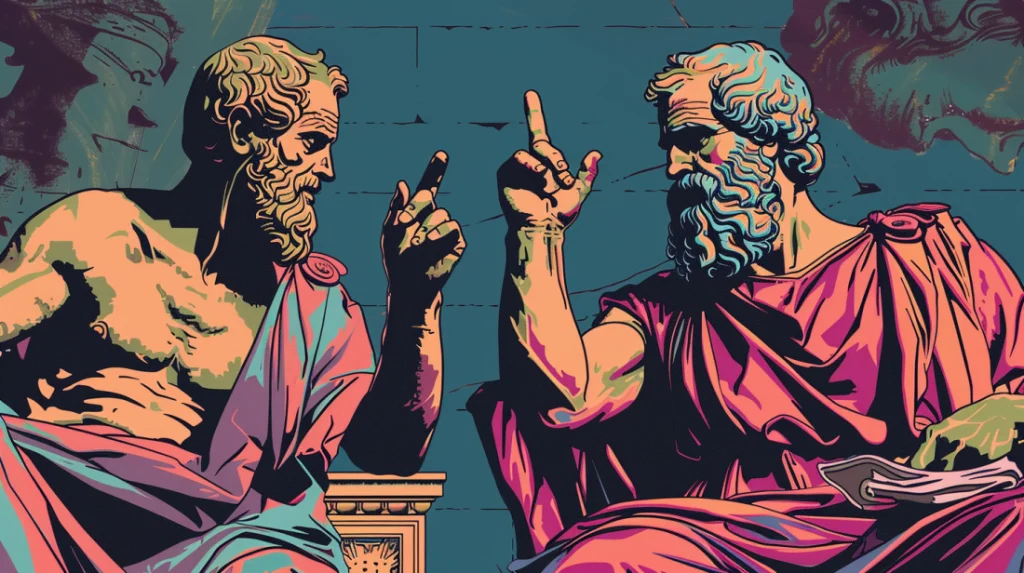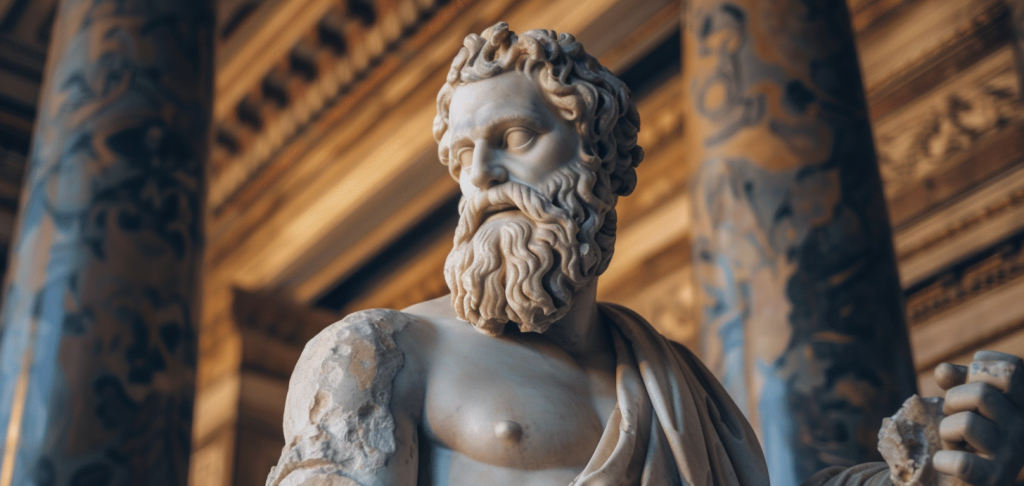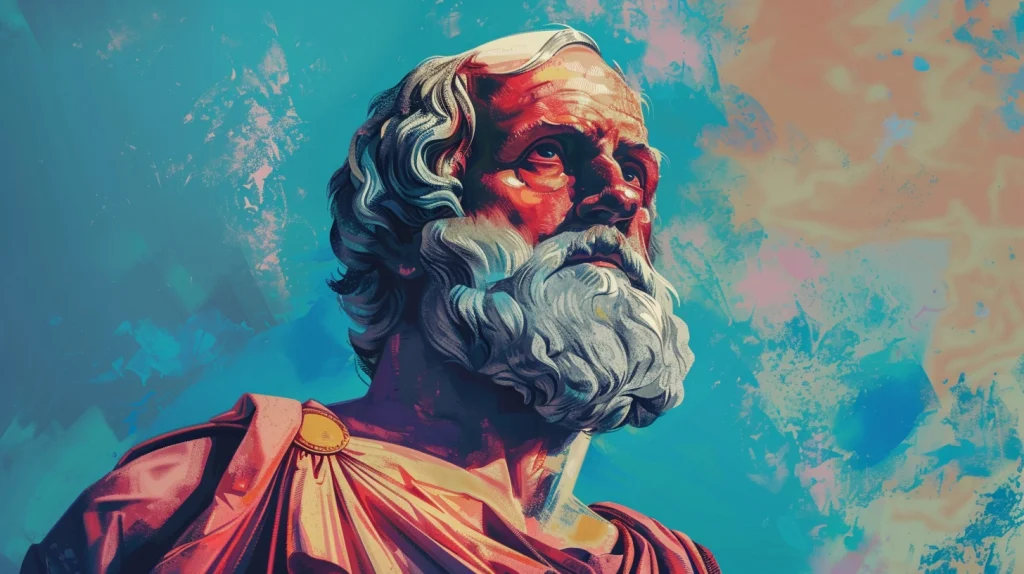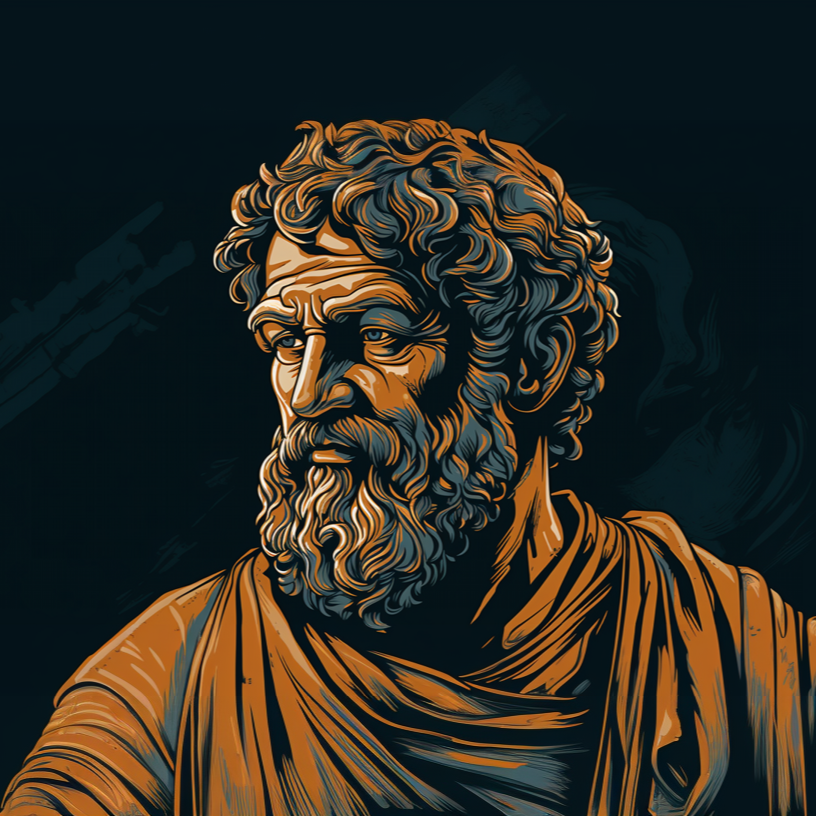Key Concept
Every Vote Counts – The idea that “every vote counts” is informed by the normative standard that each person’s vote ought to have the same weight and the same power to determine election outcomes. Systems of representative democracy make this power uneven, however, with votes in large and/or homogeneous districts having proportionally less influence than votes in small and/or heterogeneous districts and votes in politically homogeneous districts.







